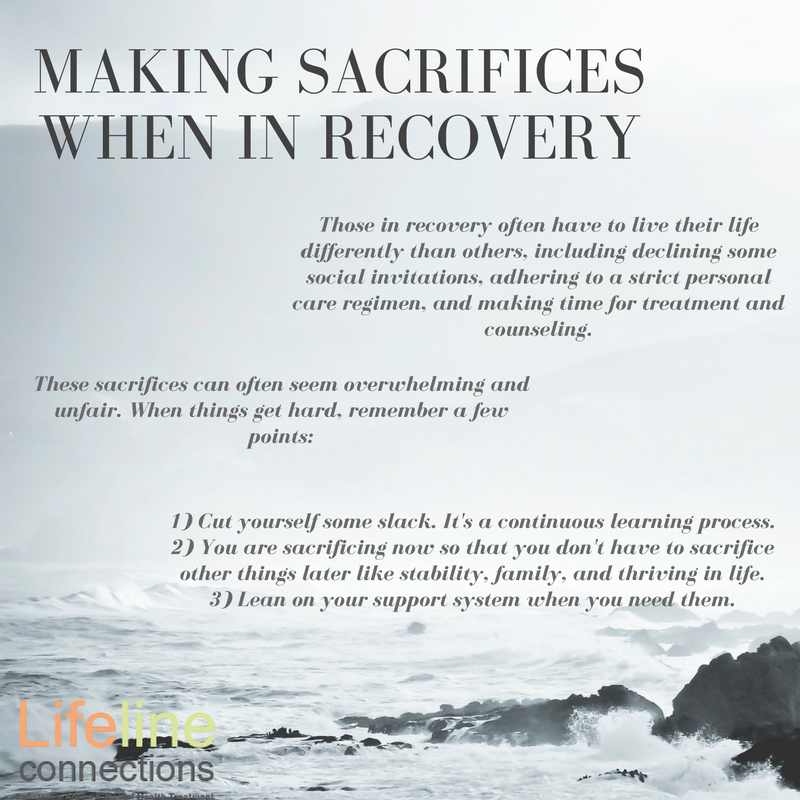
Sacrifices of an Olympic Athlete
In the last few weeks, I have discussed various key points of the life of an Olympic athlete. While becoming a medalist involves a tremendous amount of skill, coupled with a lively support system, what those who make it and those who don’t is the major sacrifices involved.
It may seem glamorous, a world where all you have to do is train, do all that your coach says, convince sponsors, and live healthily; and in the end, millions of people and cameras watch and marvel on your abilities.
We really know, though, is that it just can’t be that easy.
What it really takes to become an Olympic athlete isn’t exclusively the amount of time they put into training or even just using natural skill. There are innumerable sacrifices that occur on and off the court, mat, swimming pool- you name it.
In an interview with Channel Seven’s Daily Edition, swimmer Stephanie Rice- 3 time gold medalist by the age of 20- discussed just how many sacrifices it can take to get to where she did.
And, no, it wasn’t just getting up at 4:30am and swimming for 7 hours a day.
Stephanie described her regimented diet, which included eating rice and tuna at least once every day, and at the exact same time every day. She did this for 2 years. Kind of makes the rest of us feel ashamed when we refuse to eat the leftovers.
Socially, she had to give up her school formal to attend a competition, and could never just go out and grab a coffee with friends.
But it didn’t come without reward; after all, she did win 3 gold medals in the 2008 Beijing Olympics.
So, obviously to be a master of physical athleticism, a person needs to exhibit self-control and a physical dedication to a greater cause. But emotionally and relationally, it goes even deeper than that.
In an interview with one of this year’s Olympic marathon runners, Jared Ward (he finished 6th!) and his wife, Erica, we discussed just how hard the training process could be on their marriage and family.
Jared described, “I felt like when we were dating, it was hard on Erica when I’d travel. And then when we got married, it was hard, again, like another level of it being ‘hard with my spouse being gone’. And then, we had kids, and all of a sudden it was hard on me to be gone.”
His wife described how much the Olympic goal affects their everyday lives, “after the trials, it was like the to-do list never finished. He teaches part-time, and he works out twice a day and lifts three times a week, and has office hours and it’s finals week… and the to-do list got so long.”
Also in this interview, we discussed their various communication styles they use to deal with these moderately stressful situations, and what they do to compensate for lost time together. Not surprisingly, they explained the usefulness of physically close family members, and having a planning session at the end of each day to divvy out family responsibilities. While communicating in general can be a challenge in marriage, these two have shown that it is essential to maintaining a healthy relationship as well as maintaining one another’s needs.
So the question remains: how can this inspire someone who is in recovery?
Many people dealing with recovery have to also make huge sacrifices in order to avoid destructive sacrifices they don’t want to make. Rather than forfeit the peace in their family by using, the person in recovery must follow strict regimens of personal care, as well as forgo the instant gratification of giving into their addiction. A person in recovery needs to pay close attention to their bodies and emotions in order to avoid undesirable triggers. A person in recovery often has to live their life differently than others, such as declining invitations to go out with friends, if the situation will be toxic to their goal for a clean life.
While these sacrifices seem unfair or too much to handle, imagine if Usain Bolt felt the same way about his training to become one of the best runners of all time. Maybe he wasn’t perfect in his regimen, but focusing on what was really important and doing better the next time around likely made his journey much easier and his end goal more attainable.
At Lifeline Connections, we want to be your support team. We share your goal to create a clean life that frees you from the bonds of addiction. We provide services and care that will change how you feel about yourself and put you on the right path to recovery. Give us a call or email us today, so we can answer your questions and help you feel like you can make it. 360-397-8246 ext. 7580 or admission_office@lifelineconnections.org
